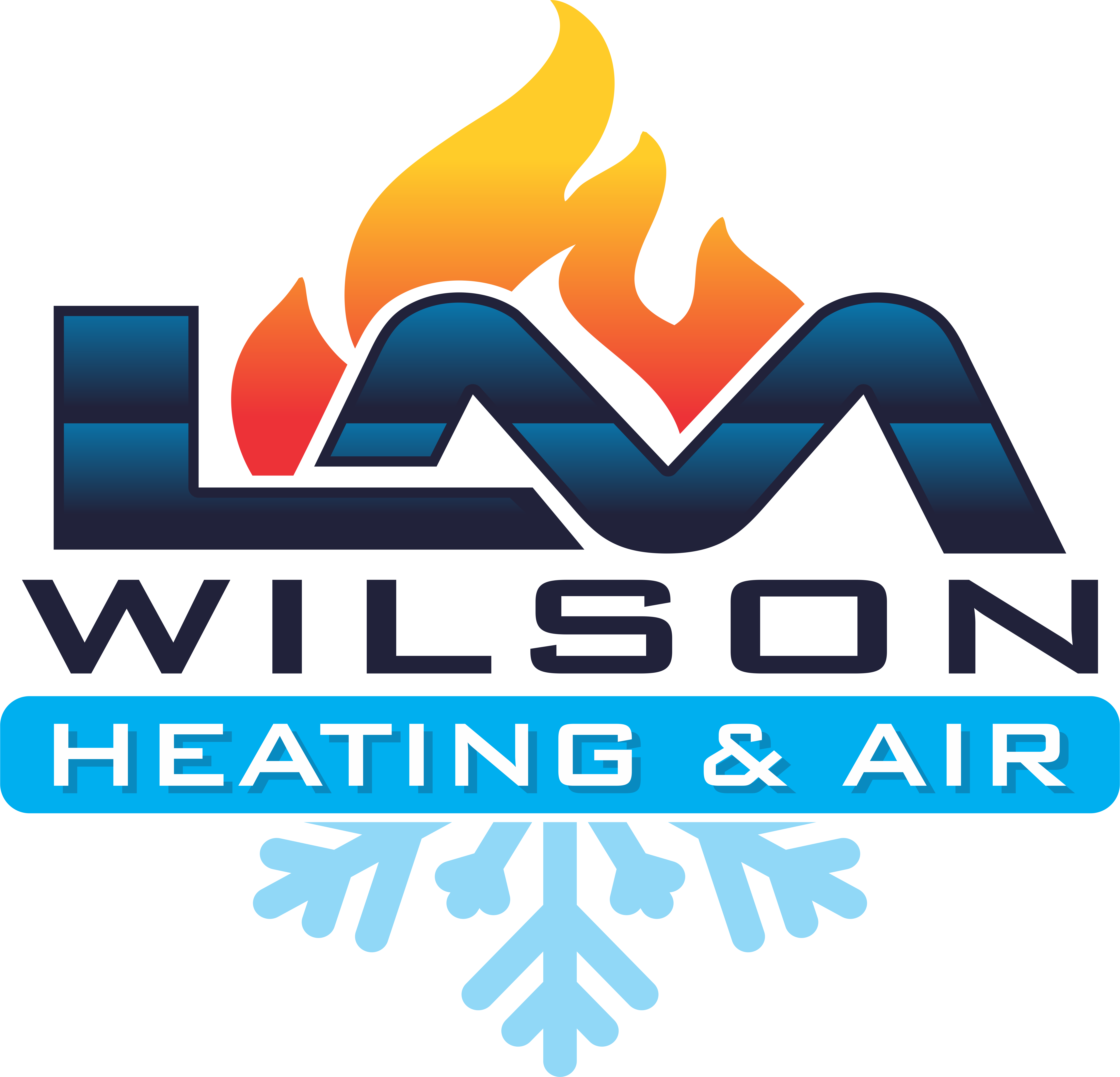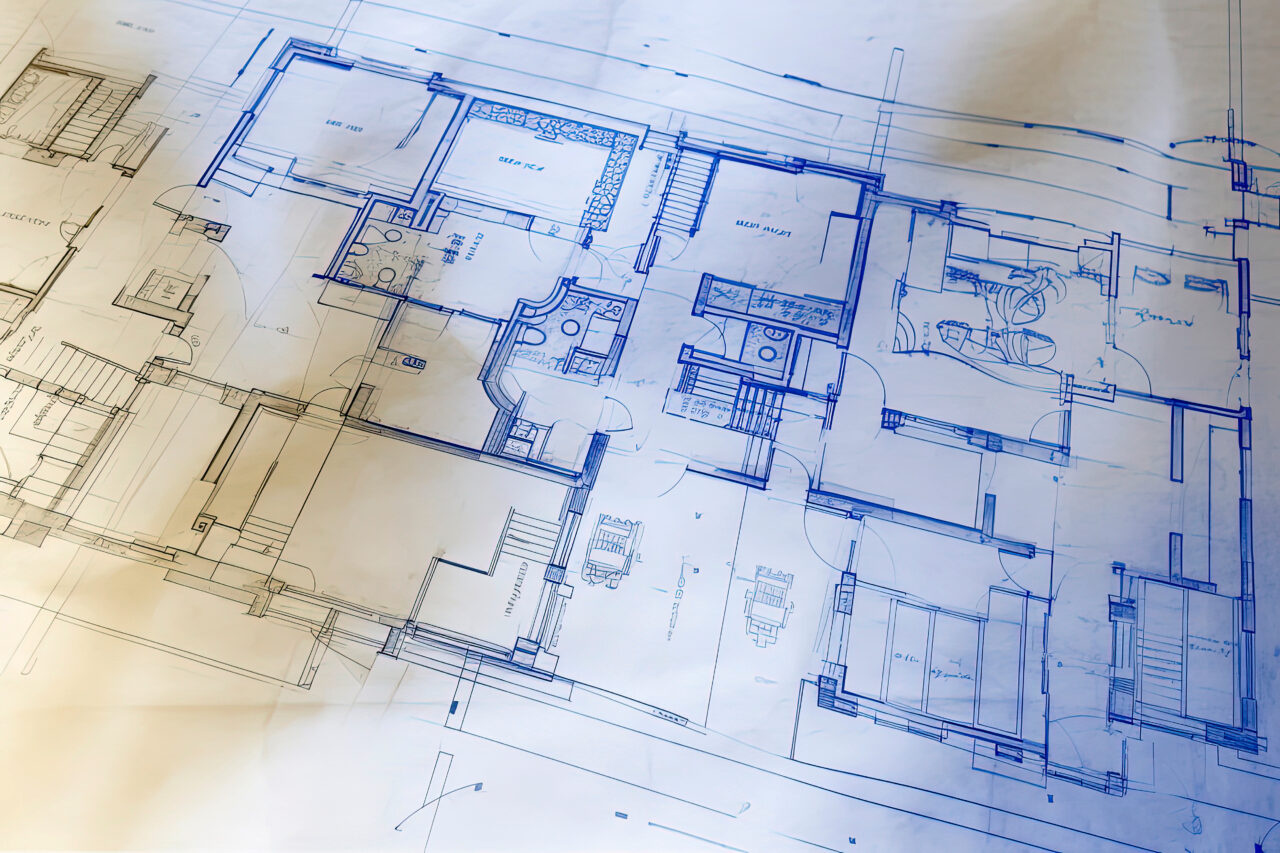In the realm of modern home comfort and energy efficiency, HVAC systems have evolved significantly over the years. Among the innovative solutions available to homeowners, zoned HVAC systems have gained prominence for their ability to enhance both comfort and energy savings. If you’re a homeowner in North Carolina, particularly in areas like Burlington, understanding what a zoned HVAC system entails and whether it’s suitable for your home can be crucial in optimizing your indoor climate control. In this guide, we delve into the concept of zoned HVAC systems, their benefits, and whether they’re a worthy investment for North Carolina households.
What is a Zoned HVAC System?
A zoned HVAC system is a sophisticated heating and cooling solution designed to provide individualized temperature control to different areas or “zones” within a home. Unlike traditional HVAC systems that treat the entire house as a single unit, zoned systems divide the home into separate zones, each with its thermostat and independent control.
The core components of a zoned HVAC system include:
Zone Dampers: These are motorized dampers installed within the ductwork, controlling airflow to specific zones. They open or close based on signals from the respective thermostats.
Thermostats: Each zone has its thermostat, allowing occupants to set and regulate temperatures according to their preferences.
Control Panel: The control panel serves as the brains of the zoned system, receiving input from thermostats and coordinating the operation of zone dampers and the HVAC equipment.
Benefits of Zoned HVAC Systems
Customized Comfort: Zoned HVAC systems enable homeowners to customize temperatures according to specific zones, catering to individual preferences and occupancy patterns. This means you can maintain different temperatures in different areas, ensuring comfort throughout your home.
Energy Efficiency: By heating or cooling only the zones that require it, zoned systems help minimize energy waste. For instance, if certain rooms are unoccupied during the day, you can adjust their temperatures accordingly, leading to potential energy savings.
Improved Indoor Air Quality: Zoned systems can also contribute to better indoor air quality by allowing for more precise control over airflow and ventilation. This can be especially beneficial for homes with varying air quality needs in different areas.
Reduced Wear and Tear: By operating more efficiently and only as needed, zoned HVAC systems can help reduce the workload on HVAC equipment, potentially extending its lifespan and reducing the frequency of repairs and maintenance.
Is a Zoned HVAC System Right for North Carolina Homes?
North Carolina’s climate varies across different regions, ranging from coastal areas to the foothills and mountains. In cities like Burlington, where summers can be hot and humid while winters are relatively mild, zoned HVAC systems can offer significant benefits.
During the scorching summers, zoned systems allow you to cool only the occupied areas, preventing overcooling and reducing energy consumption. Similarly, in winter, you can focus heating efforts on the living spaces while keeping lesser-used areas cooler, saving on heating costs.
Moreover, North Carolina’s diverse topography and microclimates make zoned HVAC systems particularly advantageous for homes situated in areas with varying temperature patterns. Whether you live in the Piedmont region or closer to the mountains, zoned systems can adapt to your specific climate needs.
Should You Consider Installing a Zoned HVAC System?
While zoned HVAC systems offer compelling advantages, their suitability depends on various factors such as the layout of your home, your lifestyle, and budget considerations. Here are some factors to consider:
Home Layout: Homes with multiple levels, large square footage, or distinct usage patterns (e.g., finished basements or guest rooms) are ideal candidates for zoned systems.
Occupancy Patterns: If certain areas of your home are frequently unoccupied or have different temperature preferences, zoned HVAC can help optimize comfort and energy usage.
Initial Investment vs. Long-Term Savings: While the initial cost of installing a zoned HVAC system may be higher than that of a traditional system, the potential energy savings and increased comfort over time can offset the upfront investment.
Professional Consultation: Consulting with HVAC professionals like LM Wilson Heating & Air can help assess your home’s specific needs and determine whether a zoned system is the right choice for you.
In conclusion, zoned HVAC systems represent a modern approach to home comfort and energy efficiency, offering customizable temperature control and potential cost savings for homeowners in North Carolina, including those in Burlington and surrounding areas. While the decision to invest in a zoned system requires careful consideration, its ability to adapt to the region’s climate variations and diverse home layouts makes it a compelling option for many households.
If you’re interested in exploring the benefits of zoned HVAC systems further or seeking expert advice on heating and cooling solutions for your North Carolina home, we invite you to contact LM Wilson Heating & Air for personalized assistance. Enhance your home comfort and energy efficiency with a zoned HVAC system tailored to your needs.
Contact LM Wilson Heating & Air today at (336) 663-1370 for a consultation on zoned HVAC systems and other heating and cooling solutions tailored to your North Carolina home.
With the right HVAC system in place, you can enjoy optimal comfort and energy efficiency year-round, ensuring a cozy indoor environment regardless of the season.


